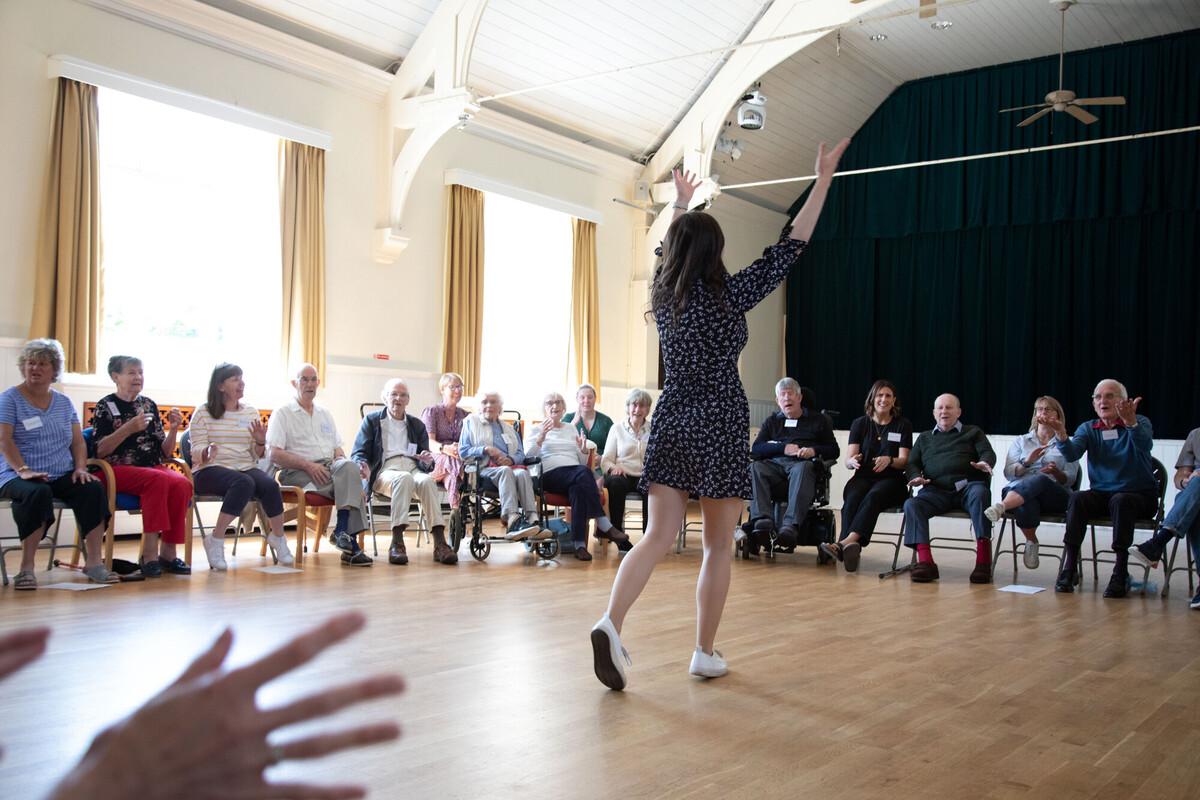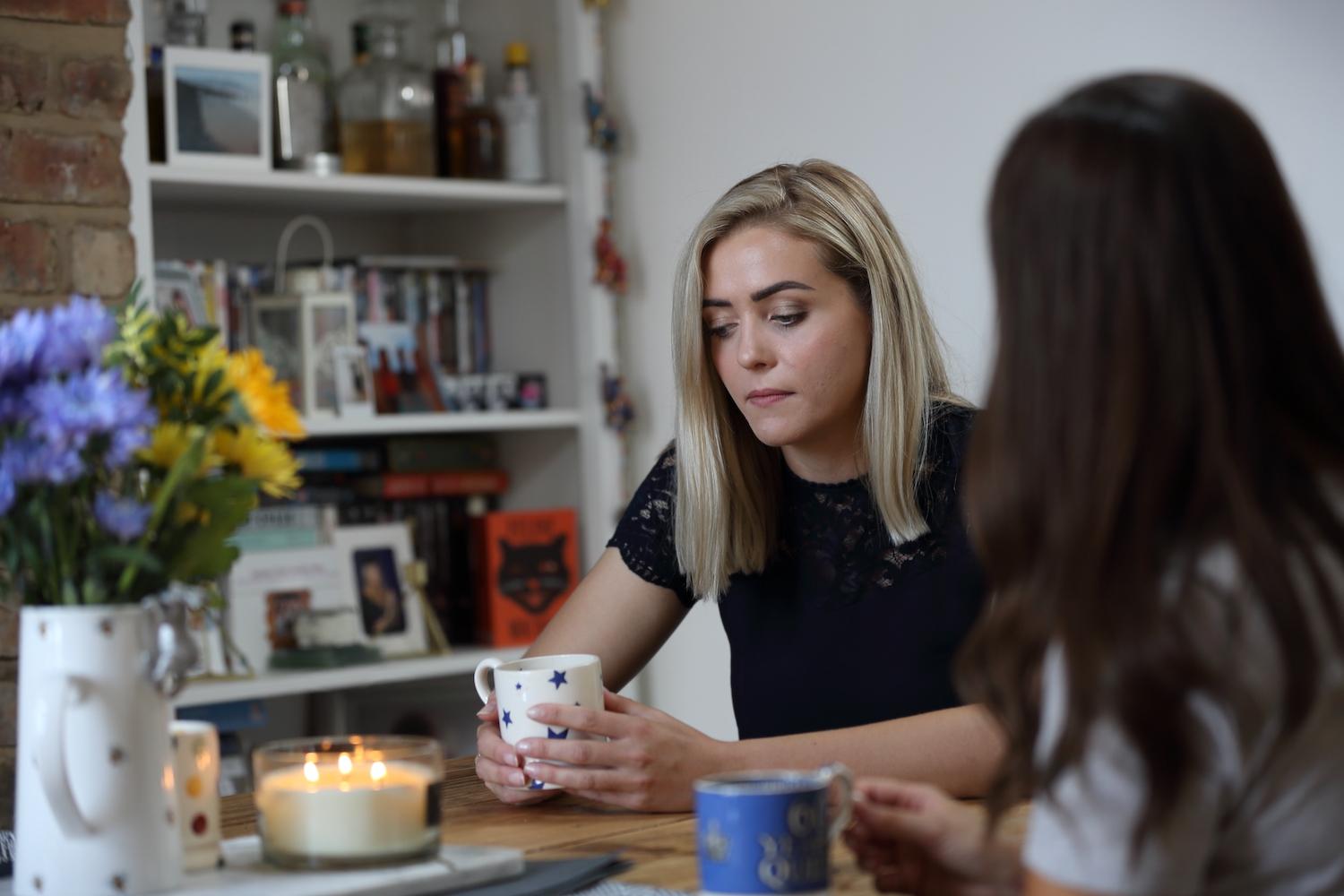Bladder and bowel problems don’t have to stop you from getting on with daily life. We've put together some practical tips to help.
While it involves a little extra thought and effort, you can discretely manage bowel and bladder problems as part of everyday life.
You can also read our information on bladder and bowel problems for more. You may also find it helpful to read conversations on our forum about stroke survivors' experiences. There are conversations about incontinence and other bladder and bowel problems.
But now on to our practical tips for managing incontinence after stroke.
Top tip: Talk with your medical team
Speak with your medical team about any incontinence issues you are experiencing.
Your doctor or nurse can talk to you about the medication you are on.
When it comes to bladder issues they may be able to offer you medications to help reduce feelings of urgency and frequency. Some also reduce the amount of urine your body makes.
Bowel issues are treated with laxatives to treat chronic constipation and impacted stool. This is the most common cause of leaking faeces. If you have true diarrhoea, medication can also help.
A physiotherapist or continence specialist can help you with exercises. They may even offer electrical stimulation devices. These are inserted in either the vagina or the anus to stimulate and strengthen the muscles that control the bladder.
Tips when you're out and about
There are a few things you can to do make it easier to manage incontinence when you're out of your home.
Use a "Just can't wait" card
Use the Just Can’t Wait card or app, available free from the Bladder & Bowel Community website. You can show it to shop assistants to request access to their non-customer toilet.
The card or app won't guarantee access to a toilet. But the widely recognised card has been proven to help.
A RADAR key is also available from their website. It can help you gain fast access to public toilets in places like railways stations.
Be prepared for accidents
No matter how prepared you are, accidents can happen. When they do, you want to be able to deal with it and move on.
Carrying a change of clothes and a hygiene kit can help you get on with your day if you do have an accident. Hygiene kits can include:
- Plastic bags for disposal or laundry.
- Soap and flannels.
- Anti-bacterial wet wipes.
- Latex gloves.
Hygiene is very important. You should look after the skin around the affected area to avoid getting an infection or rash. Take care to cleanse and dry thoroughly.
You may want to wear clothes that are quick to remove. This could be trousers with Velcro fastenings or elasticated waistbands.
You might also want to think about using continence products. A variety are available. They range from absorbent pads and washable furniture protectors to commodes and catheters. Your GP or continence advisor can tell you what's provided for free by your local NHS.
Some tips for preventative measures
There are things you can do to help prevent accidents. They are focused on giving you a bit more control over your bladder and bowel function.
Practice and exercise
In general, exercise can help to reduce bladder leakage and will help stimulate your bowel to move regularly.
But there are specialist exercises you can do to help with incontinence. This is another thing you may want to speak with your medical team about.
Bowel retraining involves regular visits to the toilet. This is usually after meals, when the bowels are stimulated to move by a natural reflex. You also learn to delay bowel movements once on the toilet to improve your ability to ‘hold on’.
Pelvic floor exercises help strengthen muscles so that they provide support. This will help improve bladder control and improve or stop leakage of urine.
Think about what you eat and drink
Eat a balanced diet with plenty of fruit and vegetables. They contain valuable fibre, which helps bowel movements.
Being properly hydrated can help with your bowel movements as well. Aim to drink around 6-8 glasses of fluid throughout the day. You may also want to avoid caffeine and alcoholic drinks.
To prevent accidents or having to rush to the loo in the middle of night, consider reducing the amount you drink before bedtime. For example, you might have your last drink of water at 7pm.
Adopt a routine to avoid accidents
Take regular visits to the toilet throughout the day, even if you don't feel that you need to go.
You may also want to set an alarm schedule to visit the toilet during the night. If you're worried about disturbing your partner, there are silent alarms available, such as a vibrating alarm watch.
Other blogs in this category

Community, connection and coping - support for your mental health after stroke
Having stroke can impact on your daily life, relationships, and…
Learn more

Feelings of grief after a stroke
The process of coming to terms with a stroke diagnosis can be…
Learn more
